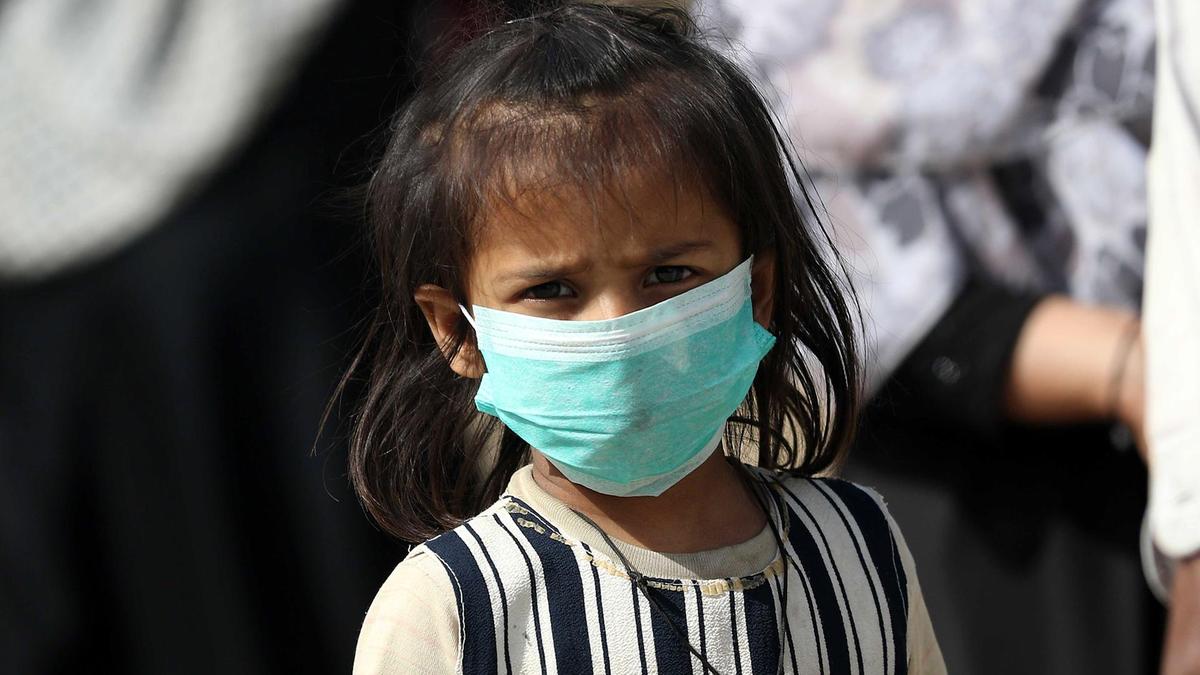Coronavirus (COVID 19) in Pediatric age group
Apr 19, 2022
Information about the Covid 19 virus has been streaming constantly through many sources, some of it is unreliable.
Panic across the world is now palpable with ever increasing number of reported cases and deaths. Parents are desperately worried for their children, especially as the information about the effect of Covid-19 on children is not known well.
However, fortunately it appears that children are less seriously affected by Covid-19 than adults.

Statistics :- As per the available data there has not been a single reported mortality in under 10 years of age till now and between 10 to 18 years it is only 0.2 percent . As per an AAP ( American Academy of Pediatrics) publication, 51 % of children would develop a mild disease, 39 % of them would develop moderate symptoms and only 6% may develop critical symptoms. Unfortunately, the chances of an infant developing severe symptoms is higher.
Symptoms of Covid-19 :
Compared to adults the symptoms of COVID 19 in children are generally mild, however children are also more likely to get lethargic and dehydrated. Hence maintenance of adequate hydration and keeping children well fed is essential.
The common symptoms of Covid-19 are fever, sore throat cough, tiredness, bodyache, and diarrhoea.
The symptoms indicating deterioration in the clinical condition are difficulty in breathing, shortness of breath, poor oral intake, signs of dehydration such as decreased urination.
Prevention–
HANDWASHING .This is the most important thing parents must make their children do. I would insist on using soap and water more often than sanitiser . I have observed plenty of children eating food after sanitising their hands which is an absolute NO because sanitiser contains harmful chemicals which are not supposed to be eaten.
Face masks should be used by those who have a cough and cold, or when gong to a healthcare facility. Masks can increase the chance of infection in healthy individuals since they would keep touching the face to adjust their mask.
Social distancing as has been advised should be strictly enforced upon b the parents. Don’t send them to the park or playground in this period.
Toys should be repeatedly washed in warm water. Adults should wash their hands before touching their children.
Many a times children are asymptomatic carriers of the infection , hence they should also wash their hands before touching their grandparents ( who are at a higher risk).
Whenever you notice suspicious symptoms in your child, you must get in touch with the pediatrician. Early intervention in any disease bodes a good prognosis. I would also like to stress upon that notwithstanding the COVD19 scare, other childhood ailments like typhoid, normal viral fever, wheezy cough, diarrhoea etc have not stopped occurring. Hence every fever or cough is not COVID.
Stay away from rumours and do not panic. Whenever in doubt, ask the experts.
Stay safe, stay healthy.





